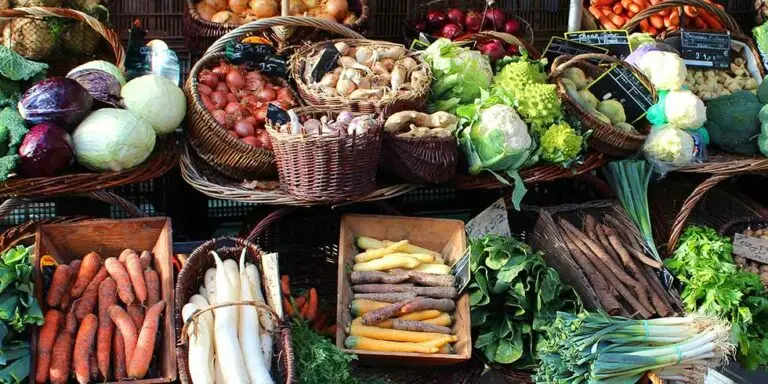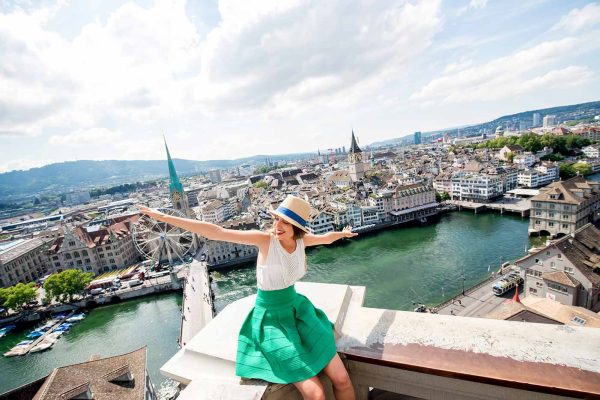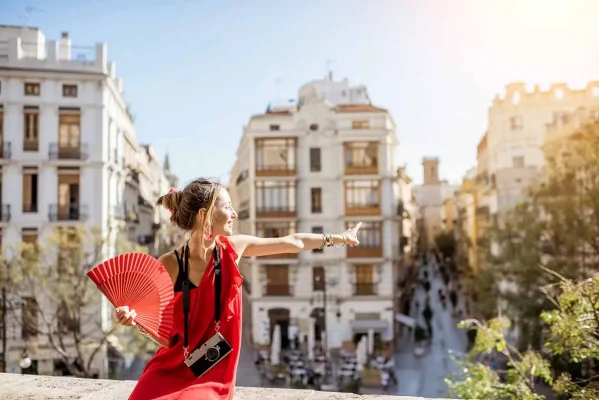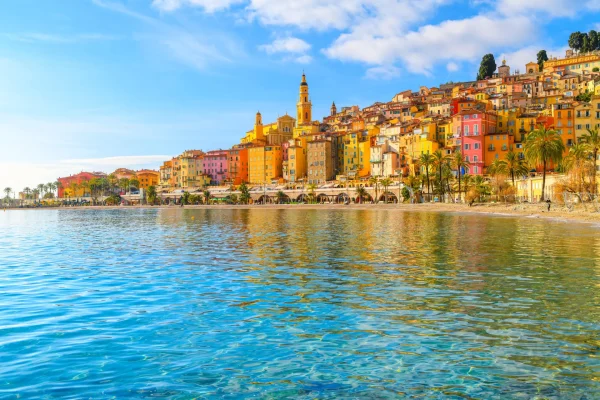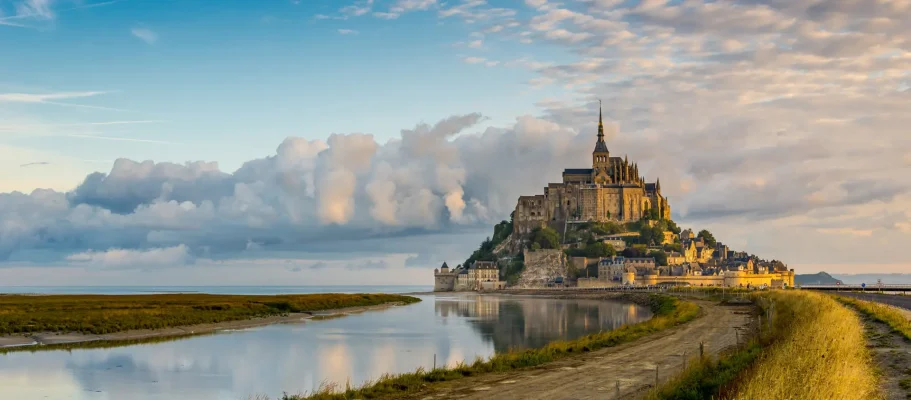When planning a tour of France, the time of year you choose to travel can have a significant impact on your overall experience. From the weather conditions to the crowds and prices, the timing of your trip can greatly affect the trip you have in mind. In this blog post, we will be discussing the best time of year to visit France. We will take into consideration the weather conditions, peak tourist season, off-season travel, special events and festivals, and other factors that can impact your tour experience. By understanding these elements, you can make an informed decision on the best time to plan your tour of France, ensuring an unforgettable and tailored experience.
Weather Considerations
Weather considerations are important to take into account when planning a tour of France. Spring, summer, fall and winter all have their pros and cons, and depending on the type of experience you are looking for, one of those seasons might be more suitable than the others. It’s important to consider the weather conditions, crowds, prices and other factors when deciding on the best time to visit France.
Spring:
Spring is a great time to visit France as the weather is mild and the flowers are in bloom. The days are getting longer and the weather starts to get warmer, making it the perfect season for outdoor activities such as hiking, biking or picnicking in the park. However, it can be a bit unpredictable, with occasional rain showers. It’s important to pack for variable weather and bring an umbrella or rain jacket.
Summer:
Summer is the most popular time to visit France, with warm weather and longer days. It’s the perfect time for exploring the beaches, swimming in the Mediterranean sea or taking a boat trip along the French rivers. However, it can also be the busiest time of year, with crowds and higher prices. Accommodation and transportation are in high demand, so it’s important to book in advance to ensure availability.
Fall:
Fall is a great time to visit France, with mild weather and beautiful autumn foliage. The temperatures are cooler, making it an ideal time for outdoor activities, such as hiking and cycling. It’s also the time of year when grapes are harvested, making it an ideal time for wine lovers to visit the famous French vineyards. It’s also a good time to visit as the crowds are thinner and prices are lower than in summer.
Winter:
Winter can be a magical time to visit France, with charming Christmas markets, ski resorts and off-season prices. But it can also be cold and the days are shorter. If you’re interested in skiing or other winter sports, it’s a great time to visit the French Alps. But if you’re not a fan of the cold, it’s probably best to avoid visiting during the winter months.
Peak Tourist Season
The peak tourist season in France is generally considered to be from June to August, during which the most popular destinations can become quite crowded, prices are higher and it can be difficult to find availability for accommodations and transportation. However, it’s also a great time to visit as the weather is generally warm and pleasant, and the long days provide ample time for sightseeing and exploring. If you are visiting in peak season, consider the following when planning your tour:
Popular destinations:
During the peak tourist season, the most popular destinations in France, such as Paris, the French Riviera, and the Loire Valley, can become quite crowded. This can make it difficult to navigate popular sights and landmarks, and can also lead to long lines and wait times. To help combat this, get in touch with our luxury tour planners and they’ll organize skip-the-line access and private guides for your time in France.
Higher prices:
The peak tourist season also coincides with the highest prices for accommodations and transportation. This can make it more expensive to travel during this time.
Difficulties to find availability:
During the peak tourist season, finding availability for hotels and transportation can be more difficult. It’s important to book well in advance to ensure that you can secure your desired accommodations and transportation.
Pros:
Despite the downsides, the peak tourist season can be a great time to visit France. The weather is generally warm and pleasant, making it ideal for outdoor activities, and the long days provide ample time for sightseeing and exploring.
Off-Season Travel
Off-season travel to France can offer the chance to have a more authentic and unique experience, with fewer crowds, lower prices, and the possibility to find unique experiences. However, it’s important to consider the weather conditions, shorter days and some tourist spots and restaurants might be closed during this time. The things to consider in the off-season are:
Fewer crowds:
Traveling to France during the off-season can mean fewer crowds at popular tourist destinations, making it easier to navigate and explore.
Lower prices:
Off-season travel also often coincides with lower prices for accommodations and transportation. This can make it a more affordable time to visit.
Unique experiences:
During the off-season, it’s also possible to have more unique experiences and encounter the authentic side of France that might be harder to find during the peak tourist season.
Cons:
The off-season also has its downsides, such as shorter days, cooler weather and some tourist spots and restaurants might be closed.
Special Events and Festivals
Special events and festivals are an important aspect to consider when planning a tour of France. Below we’ll look at some of the events and festivals to consider when planning your trip:
Popular events:
France is home to many special events and festivals throughout the year, such as the Cannes Film Festival (usually held in May), the Tour de France (July), and the Fêtes de Bayonne (July). These events can greatly impact the tour experience, as accommodations and transportation fill up quickly and prices may be higher during these times.
Cultural experiences:
Attending cultural events in France such as the Carnaval de Nice (February), the Festival d’Avignon (July) or the Nuit Blanche (October) can provide a unique cultural experience. These events are steeped in tradition and history, giving you a deeper understanding and appreciation of the country and its culture.
Planning ahead:
If you’re interested in attending a specific event or festival during your tour, it’s important to plan ahead and book accommodations and transportation well in advance.


